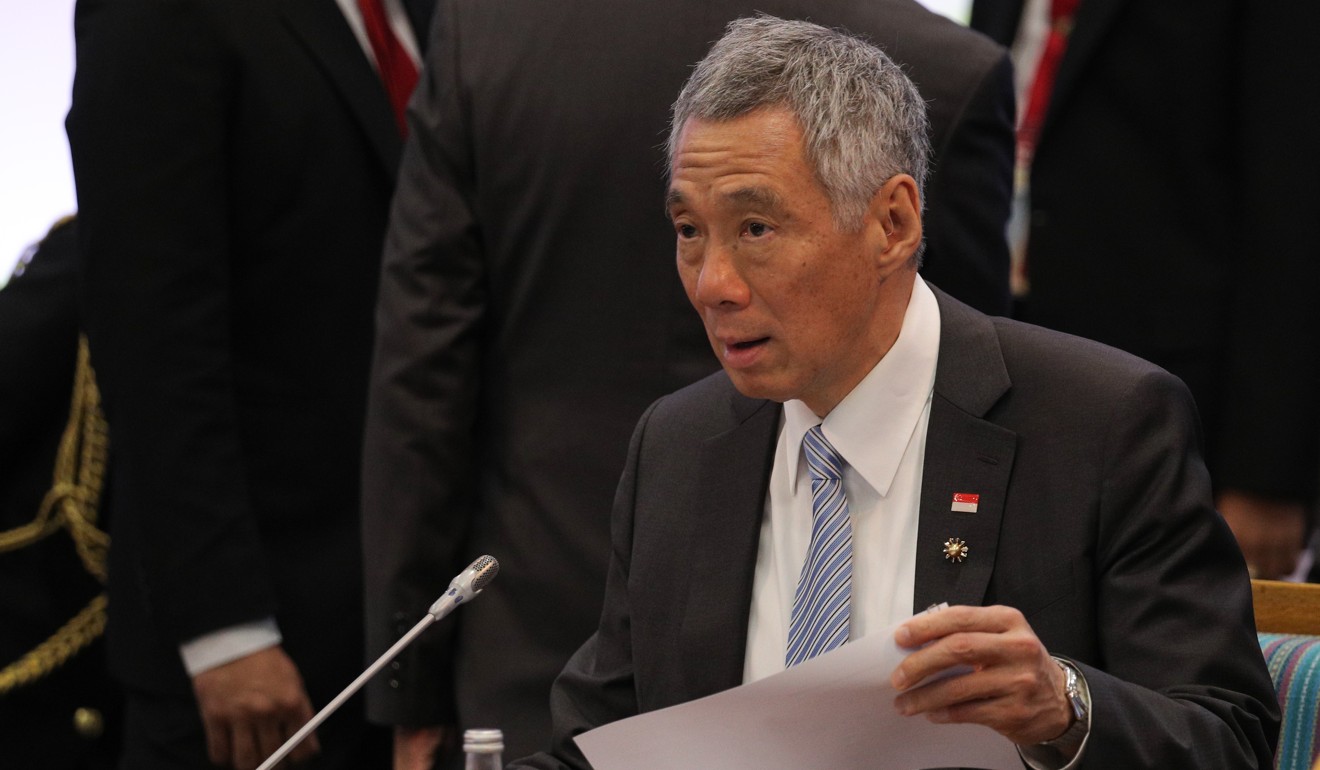
Will Singapore’s politics change as its parties shift to Gen Next?
Both the ruling party and opposition are preparing to move on from established leaders. Their choices will set up the upcoming electoral battle and define the national issues over the next decade
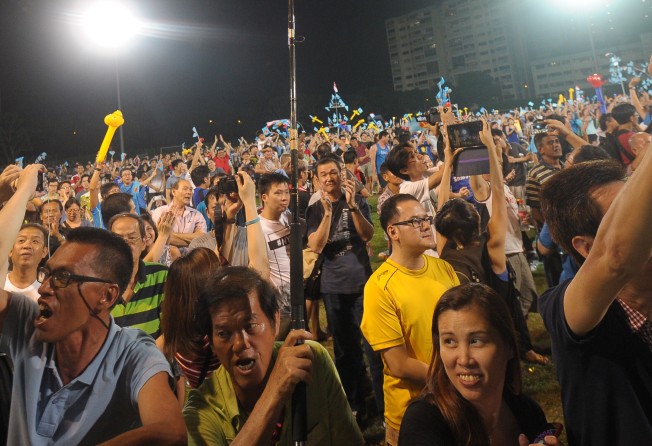
The new office of Singapore’s strongest opposition party sits on the fourth floor of a nondescript building, just streets away from the country’s infamous red-light district in Geylang.
Neat and well-lit, the unit is more humble than haughty. At just 110 square metres – roughly the size of a large public housing flat – it cost the Workers’ Party (WP) about S$900,000 (US$685,000) last year.
The purchase alone is hardly significant in property-mad Singapore. But in a political scene where opposition parties are so weak that many struggle to even rent an office, a permanent home signals an increasingly confident outfit craving ownership both in postcode and polling counts.
It is a transition that will further gather pace from this weekend, as Singapore’s second-oldest active party elects a new leader, moving on from current chief and opposition leader Low Thia Khiang, who has steered the ship for almost two decades.
The succession is unlikely to be without problems, given the standing and longevity of Low.
And with just over two years to prepare for the next general election, due to be held by January 2021, the runway for the new man is short.
Should he push for an aggressive strategy to win more seats from the ruling People’s Action Party (PAP), or in the face of legal woes, adopt a defensive posture to safeguard what WP has?
The dilemma will not be easy to resolve, especially in one of Asia’s most asymmetrical democracies, where the dominant PAP controls 93 per cent of parliament.

But the WP will at least be comforted to know its rival is facing its own set of dilemmas over succession and electoral strategy. Singapore Prime Minister Lee Hsien Loong, and leader of the PAP, has set 2022 as the year he will retire but has not given clear indications on who is likely to take over.
At the halfway mark between the last election and the next one, both parties are grappling with a leadership transition.
The outcomes of these leadership transitions will be critical for both parties and Singapore’s politics.
How they turn out will shape the upcoming electoral battle, define the national issues and set the tone for Singapore’s political landscape over the coming decade.
NEW FACE, SAME CHALLENGES
Late last year, during the party’s 60th anniversary celebration, Low shocked the political fraternity when he announced that he would be stepping down from WP’s top post.
Declaring that the party had transformed from a one-man operation to a full-fledged national platform, he said it was time to make way for the younger generation of leaders.
“We now have a team of younger leaders who are ready to drive the party forward … I will therefore not be contesting the post of secretary general at the next party election,” he said.
The front runner to become the next WP chief appears to be a study of stark contrast to Low, a Chinese-educated former teacher and businessman.
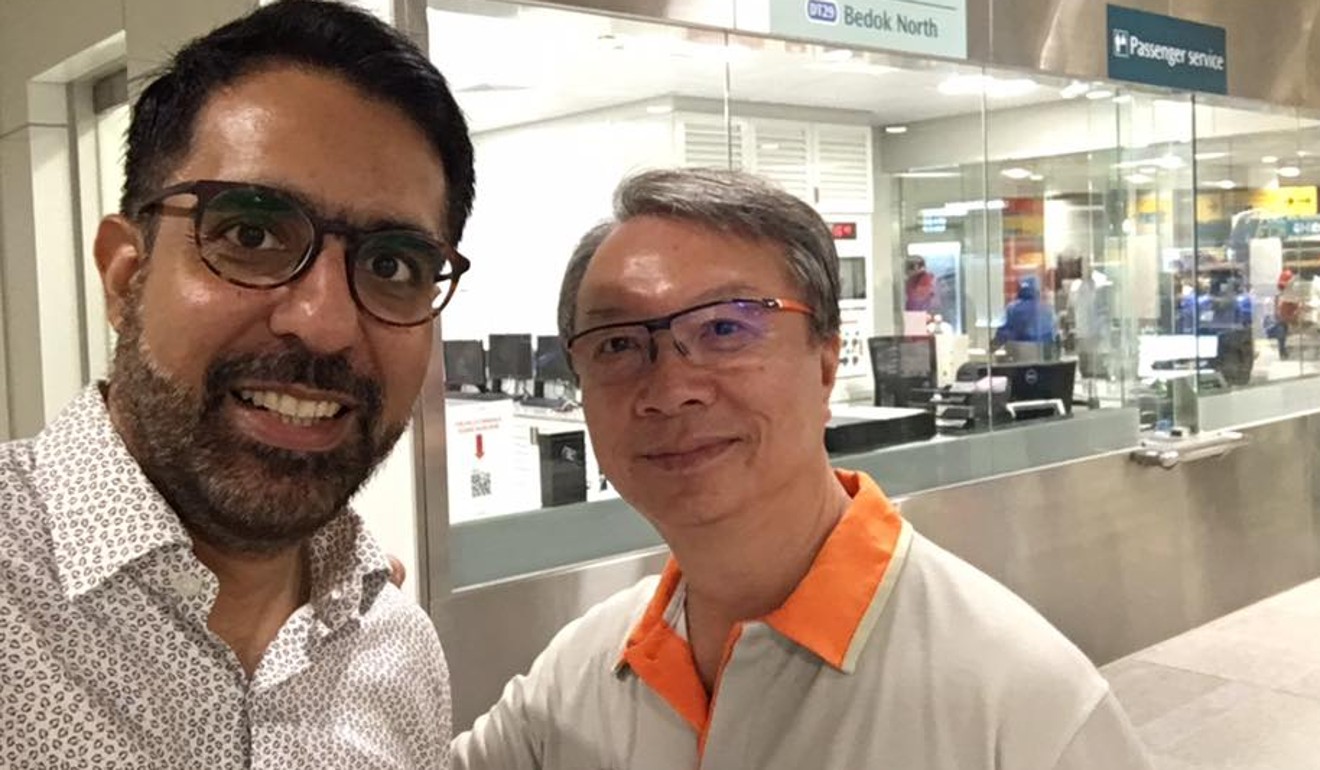
A trained lawyer, 41-year-old Pritam Singh speaks with a crisp accent during Parliamentary debates. At election rallies, the Indian politician is a crowd pleaser, peppering his English speeches with witty jokes and snarky jibes at the PAP.
While Low, 61, has no social media presence, Singh gamely poses for selfies and posts them on his Facebook account. But the differences are mostly cosmetic. When it comes to politics, both agree on the role WP should play in Singapore’s political system: a small one, for now.
The goal of WP, as Low had previously stated, is to act as a check and balance against the PAP. It is not ready to form an alternative government because it lacks the resources to do so.
Singh, in an interview with the Singapore Chinese-language daily Lianhe Zaobao last year, echoed this same view. “An important role for the party is to establish trust with Singaporeans. Given the numbers we have, we are a very very small party.”
WP holds just six seats in a parliament which has 89 representatives. PAP controls the other 83.
In fact, should Singh take over, the party is unlikely to change very much, analysts said.
For one thing, Low will retain strong influence in the party, operating from the back, rather than leading from the front, said Singapore Management University’s (SMU) Eugene Tan.
“It would be hard to match Low’s experience. Low will still play a big role within WP. He’s not quitting politics nor is he fading away,” he said.
Under Low’s charge, WP won the opposition’s biggest prize in Singapore’s Westminster system so far when he won a mega ward, made up of five members of parliament, in 2011. The win at Aljunied was heralded as a turning point in the country’s politics.
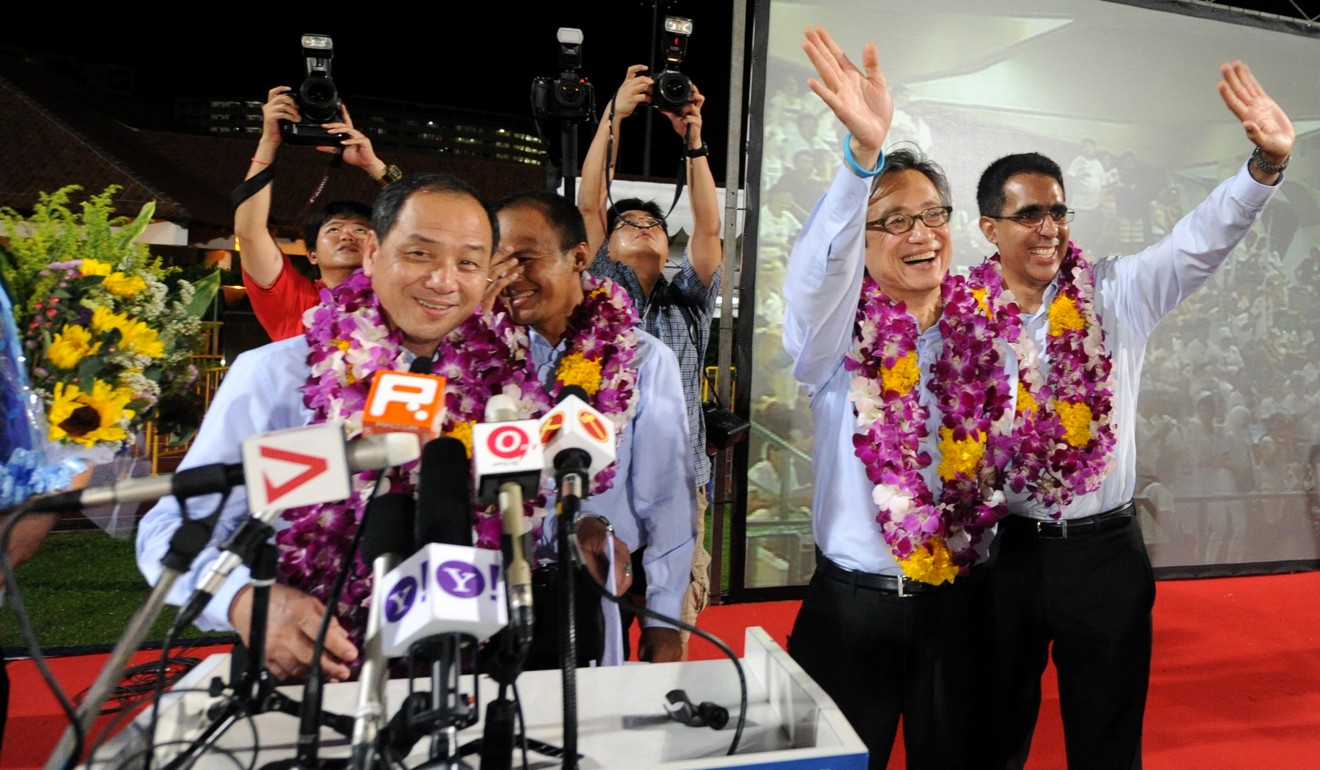
It built on that momentum by snatching a seat in 2013 after a by-election was called. At its height, the party boasted seven full MPs, a small but rebellious force facing the ever-dominant PAP.
In the 2015 general election, WP lost a ward and did just enough to hang on to Aljunied.
WP members agreed with Tan’s assessment, adding that a vote for Singh is a vote for continuity.
“Pritam will be extending Low’s legacy and imprint on the party. So a vote for him is a vote for Low,” said a party veteran of more than 20 years, who spoke on the condition of anonymity.
RUMBLINGS IN WP
But there could be surprises ahead. There is a group of disgruntled WP party veterans who are unhappy with Low for the way he has treated them over the years.
They complain that he has been giving opportunities to new members, rewarding them with leadership positions and chances to stand at the election, while ignoring the hard work of the old-timers.
“We built the party through our sweat and tears. J.B. Jeyaretnam [the former WP chief] lost his home and his family for the party, and we followed him,” said a party source, who has been with the WP for more than 25 years. “What has the newer bunch of members done?”
The bitterness nearly boiled over two years ago. Backed by the unhappy old-timers, Chen Show Mao, part of the team that won Aljunied, launched a surprise bid to wrest the leadership post from Low at the party’s election in 2016.
Chen was a star catch for the WP when he stood under the party’s banner in 2011. A top lawyer, he advised Agricultural Bank of China on its US$22 billion initial public offering, the second biggest IPO in history.
Despite his credentials, Chen didn’t succeed. Low beat Chen with a vote count of 61 to 45, after the party brought in 28 new cadre members, rumoured to be Low’s supporters. WP’s leadership has since played down the 2016 takeover bid, calling it part of a “healthy democratic process”.
Ahead of the party election this weekend, sources in the party said Chen is unlikely to mount another challenge despite Low stepping down.
“He is not keen and wants to lie low. He could be waiting for the right opportunity down the line,” said a source close to Chen.
A TRIAL OF FIRE
That opportunity might come as soon as next year.
The top three WP leaders – Low, Singh and WP chairman Sylvia Lim – are facing a lawsuit over alleged improper payments made to third-party vendors amounting to some S$33 million.
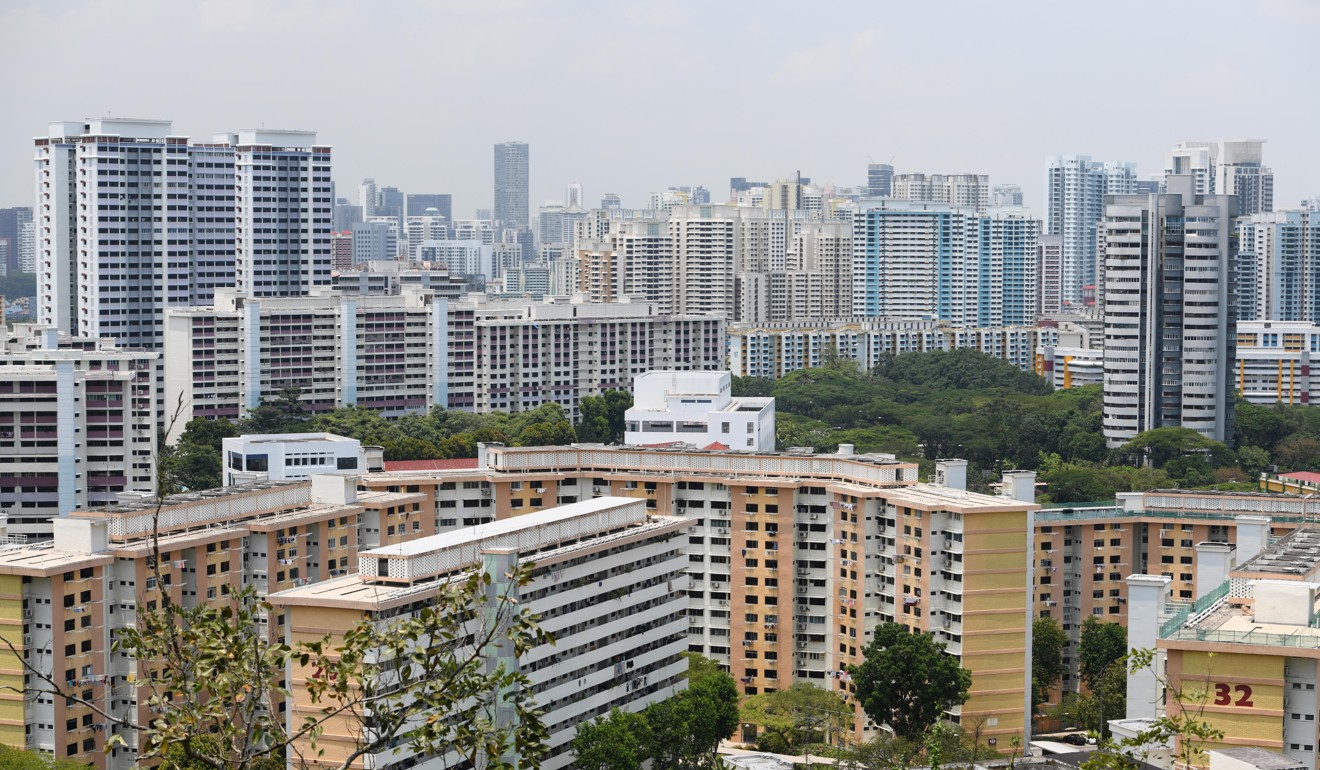
In Singapore, elected MPs run their own estates and collect fees from residents to provide essential services such as maintaining the cleanliness of common areas.
Among other things, the lawsuit alleges that WP overpaid for services to the tune of millions of dollars. The legal action is aimed at recovering the funds. In their defence, the WP leaders said they acted in good faith, with the best interests of residents at heart.
The trial is expected to commence as early as next year or even closer to the general election, which could distract the party from its preparations. WP declined to reply to This Week in Asia’s questions about the lawsuit but analysts say that the outcome of the lawsuit will determine how WP will plan for the upcoming general election.
Should the leaders survive the lawsuit, the WP will be energised and could even galvanise Low and Lim into heading out of Aljunied to attack the PAP in other wards such as East Coast and Marine Parade, both of which could face a change in their incumbent team leaders. Both are mega wards which total nine seats between them. Winning them will allow the WP to make a huge step towards the goal of taking more than a third of the seats, which gives them the power to veto changes in the Singapore constitution.
“I think the WP team will probably disperse and confront the new faces or younger ministers of the PAP,” said political analyst Bilveer Singh from National University of Singapore. “Yes, it will be stupidity for the WP ‘A’ Team, (Low and Lim) to remain where they are, especially in view of the many new talented faces WP has today.”
If the lawsuit sticks, then WP’s Singh, who is unlikely to be as affected by the lawsuit compared to Low and Lim, will be charged with rebuilding the party in a new post-Low era.
At the top of his list: build a team to defend Aljunied at all costs.
But with Low and Lim gone, Chen could be tempted to mount another challenge against Singh who may find himself outflanked with his key allies gone.
“The uncertainty of the outcome of its leadership transition will be far more consequential to its survival,” said Gillian Koh, Institute of Policy Studies’ deputy director for research.
HAUNTED BY THE PAST
For the PAP, the race to the general election will be dominated by two main concerns: ensuring a smooth roll-out of their leadership succession plan and maintaining their dominance even as they are confronted with a host of new challenges.
As the PAP looks ahead, they are haunted by two events in its electoral past: 1991 and 2011.
The first was supposed to be an election that celebrated the handover of the first generation of leaders to the second.
Nine months after taking over from Singapore’s first Prime Minister Lee Kuan Yew, Goh Chok Tong announced a snap election, seeking a mandate for his gentler approach to politics. Instead of reciprocating the warm embrace, voters gave him the cold shoulder.
PAP won just 61 per cent of the popular vote, the lowest since independence at the time. The opposition also took four seats that year, a stinging rebuke to Goh.
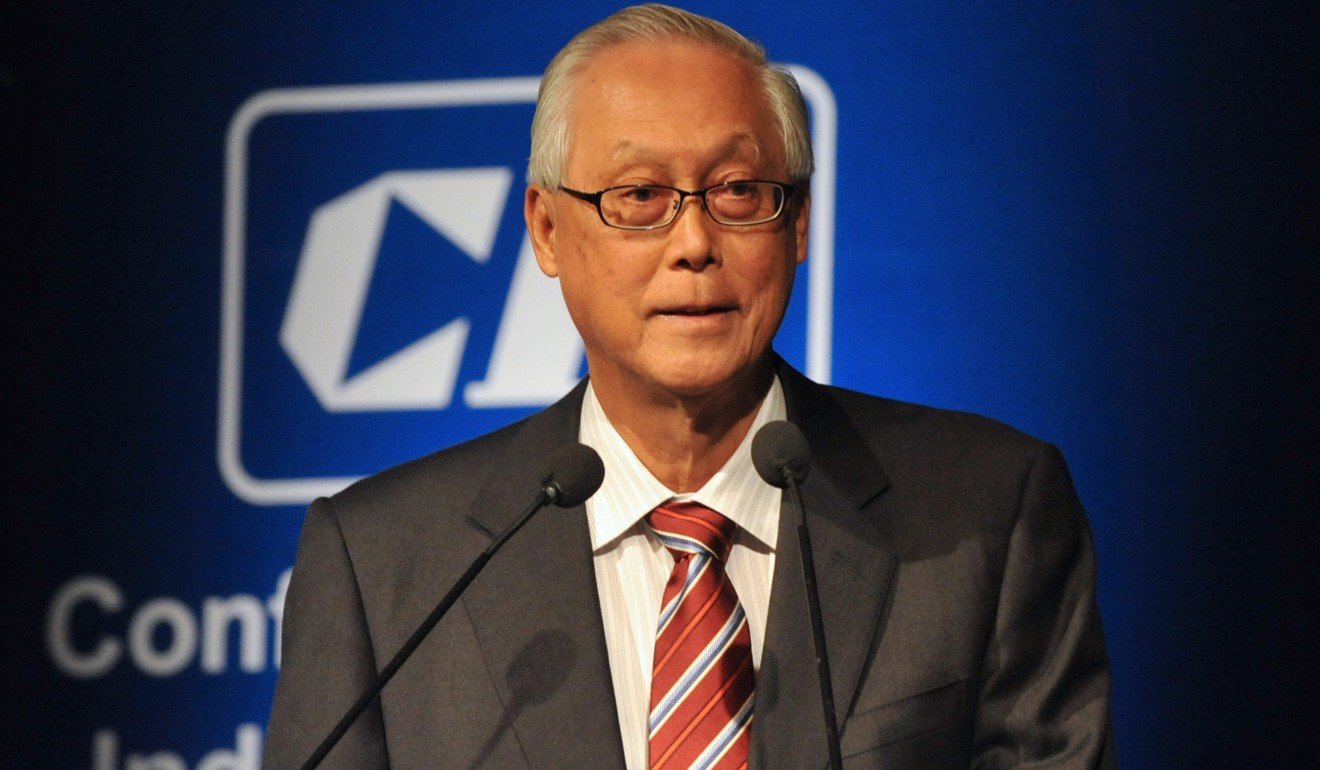
Twenty years later, in 2011, PAP suffered its worst performance in an election since independence in 1965, with 60.1 per cent of the popular vote. Most analysts agree that voters wanted to register firm unhappiness over issues such as the rapid growth of the foreigner population in Singapore, the rising cost of living and the growing income gap.
Not only did it lose a mega ward in Aljunied, it also lost two ministers, one of whom, George Yeo, the chairman of Kerry Logistics, was considered among the finest minds in his generation.
In 2015, PAP had a much better showing, winning landslide 69.9 per cent of the vote. But SMU’s Tan believed the strong win in 2015 was a fluke. That year, voters swung back to the PAP after Lee Kuan Yew died and Singapore celebrated 50 years of independence.
The 2015 general election “was an aberration; there will be no SG50 and Lee Kuan Yew ‘dividend’ to boost their electoral performance in the next election. The next GE will be a hard fight for sure given that so much is at stake,” Tan said.
In fact, the uncertainty over just where the new normal for PAP is a big cause for concern for the ruling party; if it is unlikely to be 2015, could 2011 actually be closer to reality?
That worry, coupled with the next PAP leadership transition in progress, is probably why the ruling party has been increasingly harsh on its critics in recent years, says NUS’s Singh.
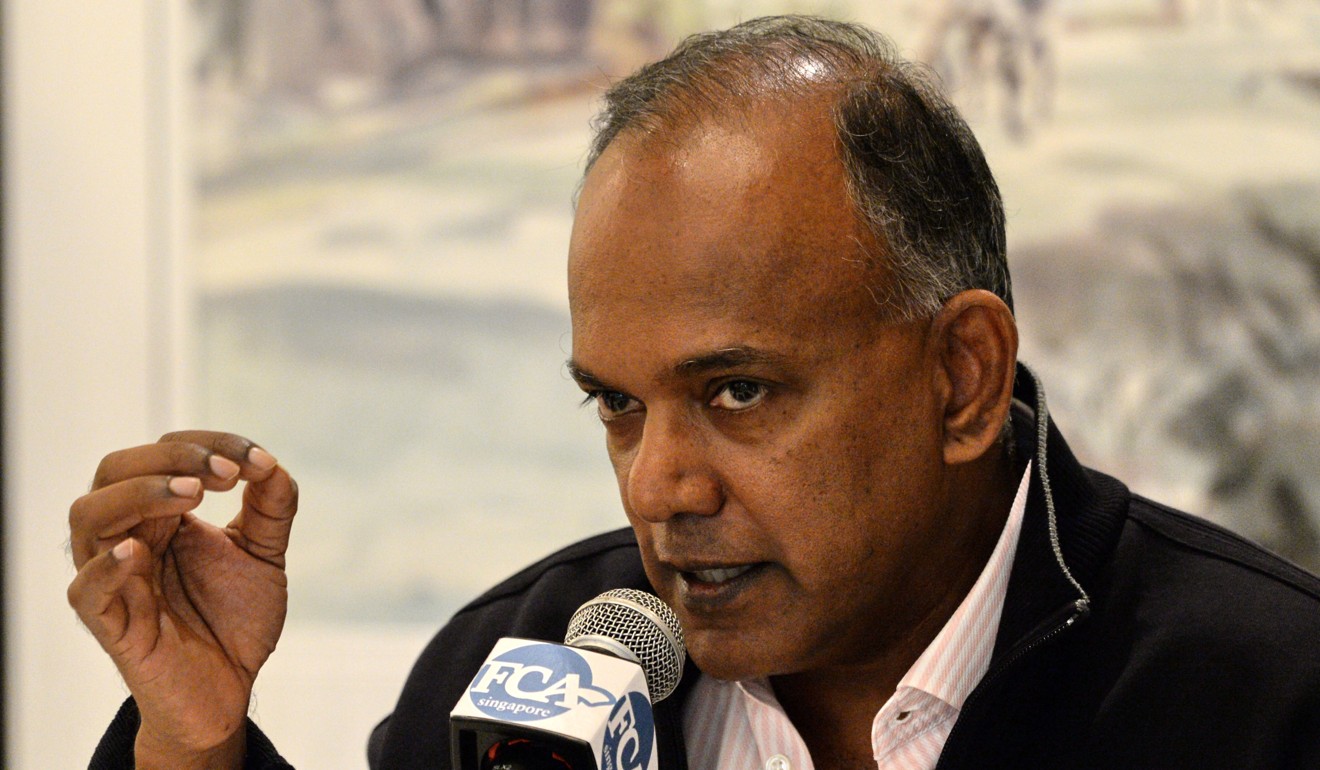
For instance, K. Shanmugam, PAP’s law minister, grilled Oxford historian Thum Ping Tjin, a prominent critic of the government, in a recent parliament committee hearing over his testimonial on falsehood and fake news. Thum accused the PAP of being the one to spread falsehoods in the past.
Shanmugam later explained that he questioned Thum because the academic made serious allegations against Lee, including calling him a liar. Keeping quiet was therefore was not an option, he said.
Before this show of force, PAP legislators also insisted two WP legislators apologise for statements made in parliament, leading to internet chatter that the PAP was bullying WP. One of them, Leon Perera, a Non-Constituency MP – a post created to allow the top losing MPs to speak in parliament – did apologise in parliament, but the other, WP chairman Lim, refused.
“The PAP hits it [WP] hard because its sails are picking up winds which the PAP strategists don’t like,” observed Bilveer Singh, of NUS.
But the PAP faces a dilemma. Hit the WP too hard and it could destroy the opposition, something that it is reluctant to do. PAP knows it cannot return to the days of an all-PAP parliament, analysts have said. It is bad optics for the government.
“This is a real dilemma. Do you want angry and destructive opposition to rise, which will certainly be the case if opposition parties like the WP are butchered and marginalised or somehow tolerate a malleable WP?” Singh noted.
“I guess the PAP would prefer the latter.”
In this case, the PAP has to walk a fine line between allowing some opposition while not allowing it to grow to such an extent that it becomes a real threat.
To many other governments, this does not seem like such a formidable challenge when the odds are stacked in their favour. But the PAP has long been known for its obsession with longevity and they will act to ensure the party’s future is secure.
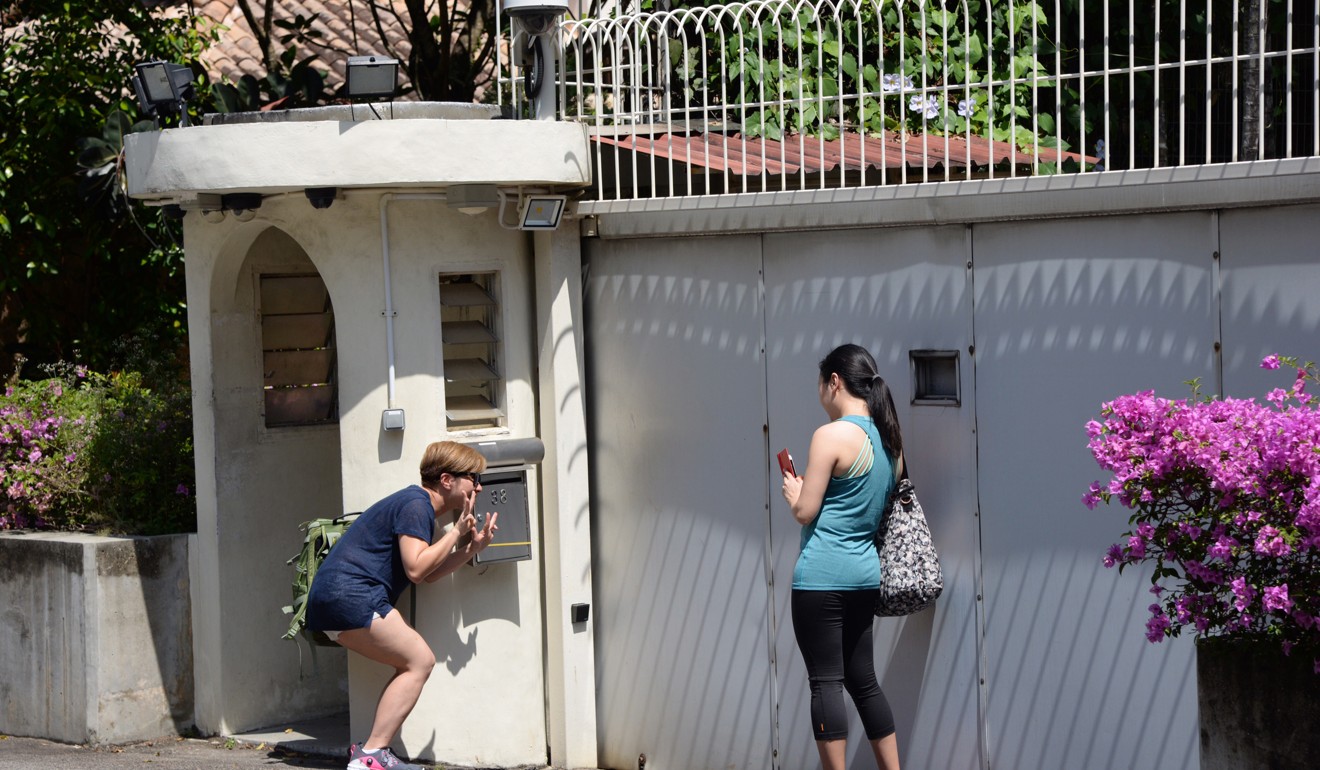
WILD CARDS BEWARE
PAP leaders are also likely to be wary of other challenges from former establishment figures that could emerge in its blind spots.
One is the continued drama over Oxley Road, the home of Lee Kuan Yew. The Lee siblings, Lee Hsien Yang and Lee Wei Ling, have been publicly bickering with their elder brother Prime Minister Lee over the future of the home.
The younger Lee siblings want their family home demolished, saying that it was Lee Kuan Yew’s express desire. The Singapore government is disputing that and has so far refrained from taking any action to either demolish or preserve the site.
Prime Minister Lee even had to address the issue in parliament last year, opening up his family quarrels to public scrutiny.
The issue is far from over. Just this week, both siblings again criticised a ministerial committee that said the option for keeping the house as a historical site remains open.
There is the possibility that more twists are in store on this front, which could scandalise and embarrass the prime minister as the date for the next election draws closer.
The second wild card is the emergence of a former PAP legislator to contest the party he once fought for. Tan Cheng Bock ran for president in 2011, without the approval of the PAP, and lost by a sliver – about 7,000 votes – to former deputy prime minister Tony Tan.
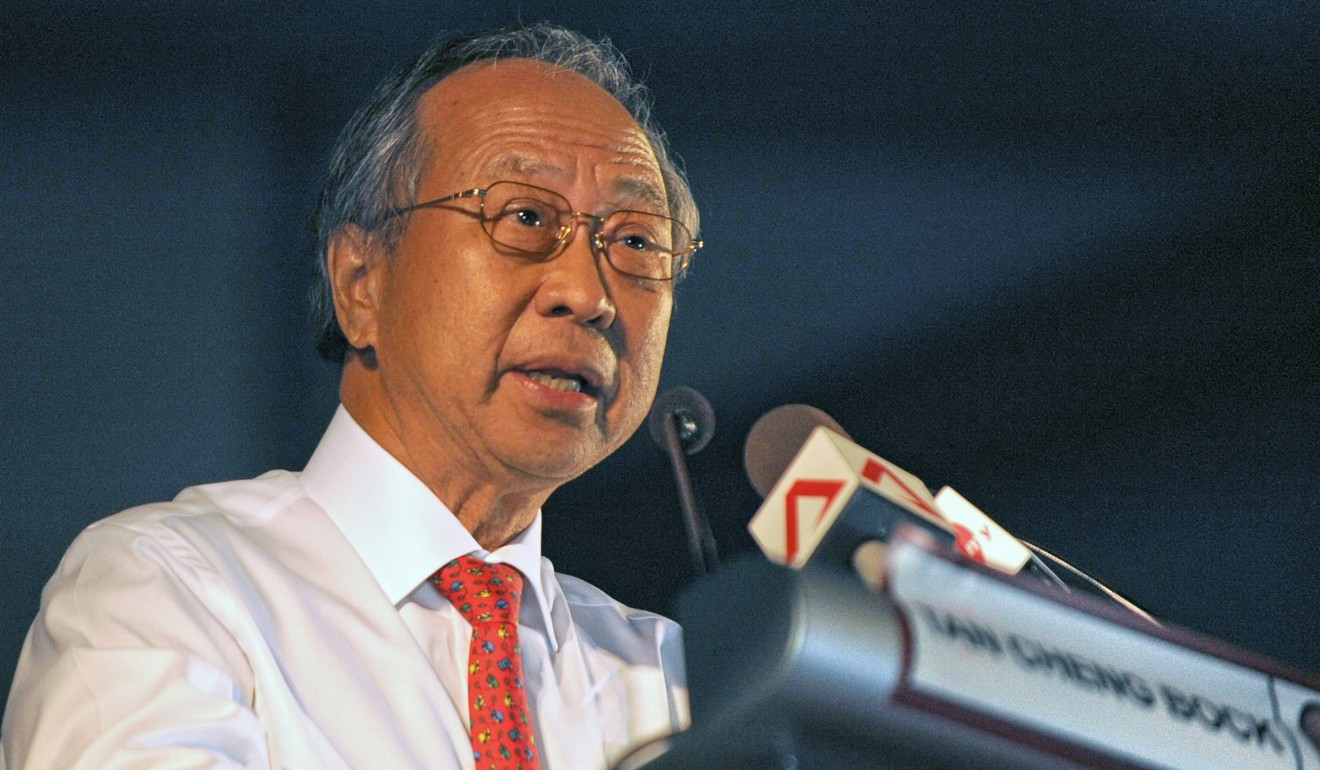
He was denied the chance to contest last year’s presidential election after it was turned into a reserved election, where only Malays could run. Former parliament speaker Halimah Yacob ran and won unopposed, after two other candidates were disqualified.
Tan has not ruled out running in the general election as an opposition candidate, with sources telling This Week in Asia that he is assembling a team and eyeing wards in the west of Singapore where he was previously an MP with PAP.
SMU’s Tan said it would be no surprise if Tan Cheng Bock did take the jump.
His entry would give the PAP additional worry as Singapore crosses the halfway mark between the last and next general election.
For the PAP, the outcome is not in question – it never was. They will romp to victory and continue to dominate parliament.
But the devil is in the details: how will they get there while navigating the growing desire for checks and balances among the electorate?
For the WP, they remain the most credible opposition Singapore has to offer. But can they continue to do so in the post-Low era?
Amid the uncertainties of both parties, a balance will be found with new leaders setting a fresh equilibrium in the politics of Singapore for the next decade. ■